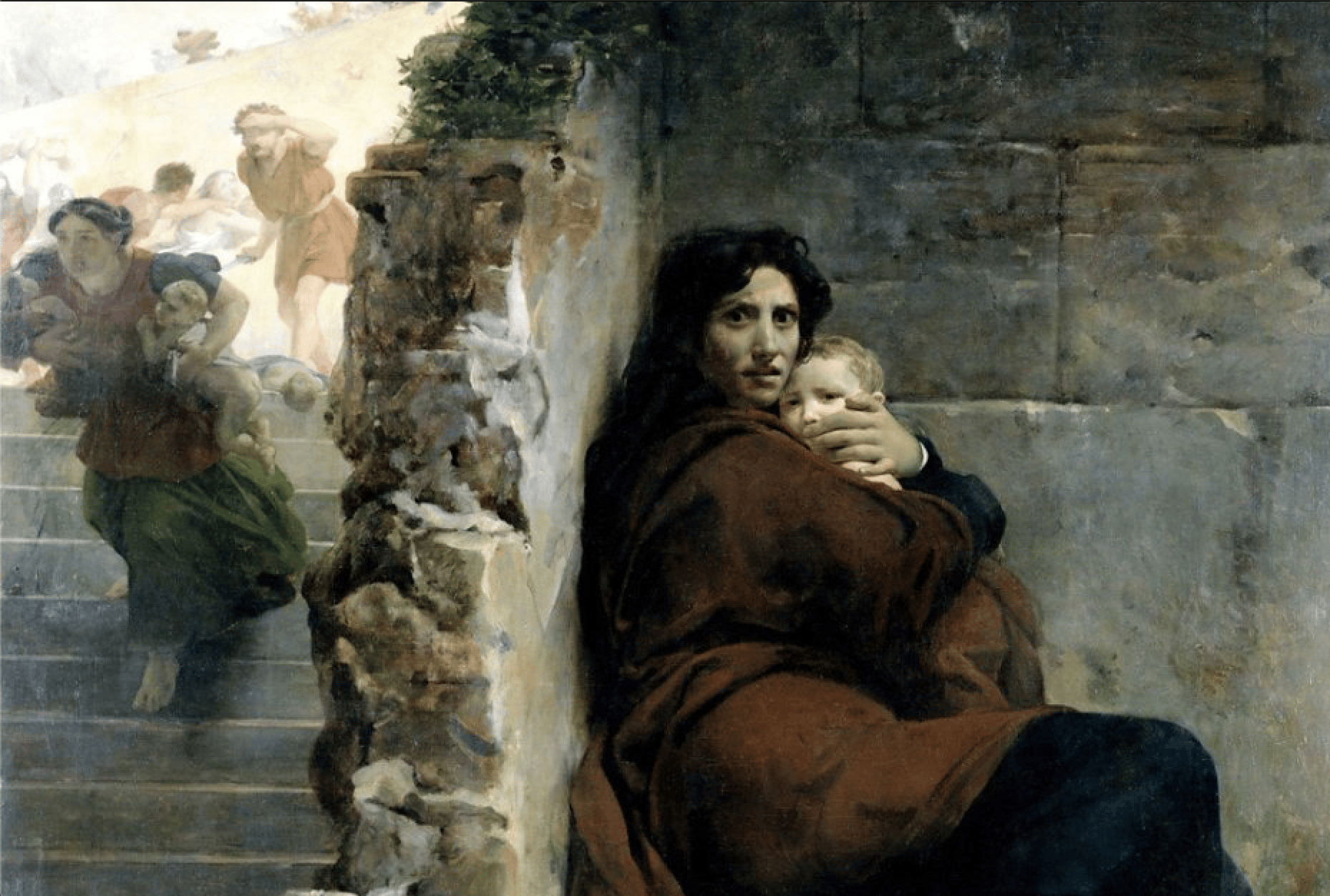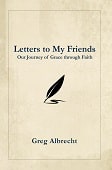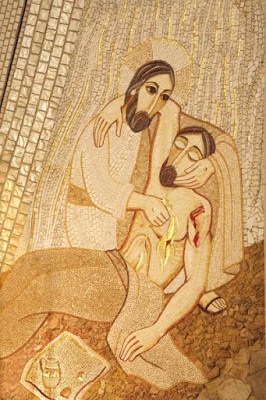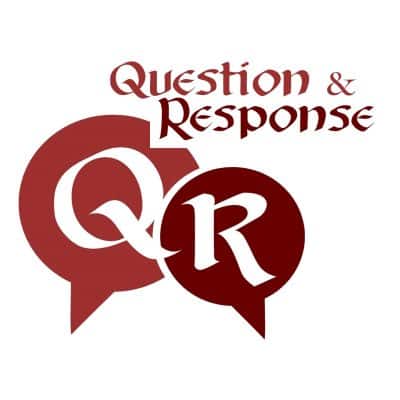Pain, Belief & the Suffering of Children – Brad Jersak
PAIN.
Has it crushed your faith or made you a believer?
Nativity & Massacre of the Innocents
As Christ-followers celebrate the Feast of the Nativity, we also anticipate the tragedy in Bethlehem known as “the massacre of the innocents,” when King Herod sought to cut short the Messiah’s life. The story is recounted in Matthew 2.
13 When they had gone, an angel of the Lord appeared to Joseph in a dream. “Get up,” he said, “take the child and his mother and escape to Egypt. Stay there until I tell you, for Herod is going to search for the child to kill him.”
14 So he got up, took the child and his mother during the night and left for Egypt,15 where he stayed until the death of Herod. And so was fulfilled what the Lord had said through the prophet: “Out of Egypt I called my son.”
16 When Herod realized that he had been outwitted by the Magi, he was furious, and he gave orders to kill all the boys in Bethlehem and its vicinity who were two years old and under, in accordance with the time he had learned from the Magi.17 Then what was said through the prophet Jeremiah was fulfilled:
18 “A voice is heard in Ramah,
weeping and great mourning,
Rachel weeping for her children
and refusing to be comforted,
because they are no more.”
Scène du massacre des Innocents, the 1824 masterpiece by Léon Cogniet, shows us the face of fear and pain in this mother. She gazes into our souls. Is she pleading? Is she accusing? What is left of her faith? Where is her God now?
There’s the question … PAIN.
Inevitable. Inescapable.
Has it crushed your faith or made you a believer?
Has it created resilience in you?
And when resilience ran out, who was God to you?
Was God distant, absent, silent?
Was God still “good”?
The Suffering of Children
And what does “good” mean in the face of our tragedies, especially when we consider the unmitigated suffering of children or the evil that men do to the least of these?
In his great novel, The Brothers Karamazov, Fyodor Dostoevsky (a believer) recounts probably the most powerful argument ever composed against Christian faith through Ivan, a young atheist, who rejects a world where God allows children to be massacred en masse in historic acts of terror. Dostoevsky offers no rational counter-argument. That has always been a blind ally.
 Similarly, in his existentialist classic, The Plague, Albert Camus (an agnostic at best) describes in detail the gruesome death of a child who passes through the protracted horrors of the plague. Where is God for this child? What kind of God gives no aid, deferring to an atheistic physician, struggling to the end to save the child? Or is the doctor’s faithful care the only compassion of God mediates into this world? And when the child dies?
Similarly, in his existentialist classic, The Plague, Albert Camus (an agnostic at best) describes in detail the gruesome death of a child who passes through the protracted horrors of the plague. Where is God for this child? What kind of God gives no aid, deferring to an atheistic physician, struggling to the end to save the child? Or is the doctor’s faithful care the only compassion of God mediates into this world? And when the child dies?
And again, I recall Charles Darwin. The discovery of evolutionary processes through natural selection was never a genuine problem to Christian faith … neither mine nore Darwin’s. Yet he did ultimately turn from God. Why? His belief collapsed before the relentless advance of a fatal disease that would oh-so-slowly take the life of his beloved daughter. The grief and helplessness spelled the end of faith for him.
Whether its the slaughter of innocents in Bethlehem or Syria, those fleeing death and driven into exile in Egypt or America, families stuck in refugee camps across generations or the indefinite separation of children from parents—the vulnerability of children touches our hearts with grief and empathy. Or it better.
Three Infants: Moses, Jesus & Baby Yoda
As all great tales mimic the reality of the GREAT STORY, this theme comprises the entire narrative arc of Disney’s new Star Wars TV series, “The Mandalorian,” where we meet Hollywood’s cutest meme star, “Baby Yoda.” It’s not lost on me that over this Christmas season, we have eight episodes of a child with mysterious healing powers, whisked away in a sci-fi bassinet (like Moses’ basket or Jesus’ manger), on the run from bounty hunters and assassins, and protected by an adult who himself had lost both parents to war as a child. It’s sort of the “holy family’s” flight reimagined … complete with the heartbreaking reality of child casualties who, but for one infant, go unrescued.
PAIN—especially a child’s suffering or premature death.
Does it crush your faith or make you a believer?
When we face it, will it drown us or will we find Christ grasping our hand? I don’t even know to what degree we make that call or merely undergo it.
(Pain) You Made Me a Believer
Sometimes it’s the children themselves who must speak to us, whose resolve and resilience become the hand of Christ pulling me from the waves. Sometimes a child’s faith reflects unscathed innocence (that we mistake for naivety). But on MANY other occasions, I’ve borne witness to the stories of children who survived far greater tragedies than I could have imagined or survived. I’ve met those little ones with wise minds whose faith survived what Ivan or Camus or I could not.
I thought of these stories as I watched “The One Voice Children’s Choir” cover the Imagine Dragons hit song, “Believer.” They sing of pain and how their faith survives it. They see how pain can be harnassed into belief and faith and love:
You made me a, you made me a believer, believer
(Pain, pain)
You break me down, you build me up, believer, believer
(Pain)
Oh let the bullets fly, oh let them rain
My life, my love, my drive, it came from
(Pain)
You made me a, you made me a believer, believer.
Naive? Don’t bet on it. Statistically, some of those children know exactly what they’re singing. Some of them have lived it. And if Christianity is to survive, we’d better learn to live it to.
Triumphal(ist) Entry or Death-to-Resurrection
As my friend Lorie Martin taught me, a dangerous version of pseudo-faith wafts about today, a religious bravado that imagines it stands strong in the glory of the resurrection, but by bypassing direct identification with the Cross in our experience, by failing to face and even embrace the mystery pain (as in Peter’s first epistle), it has not in fact moved beyond the mob’s rah-rah euphoria of the Triumphal(ist) Entry.
I submit that a Christianity that has no place in its theology for the role of pain in the human journey into redemption will be defective in its understanding of the Cross … not as redemptive violence but as the reality of God’s full participation in our suffering, overcoming the faith-destructive potential of pain through co-suffering love, infusing our crises and even our mortality with grace to lament, to pray, to believe and most importantly, to love.















 Plain Truth Ministries | Box 300 | Pasadena, CA 91129-0300
Plain Truth Ministries | Box 300 | Pasadena, CA 91129-0300

